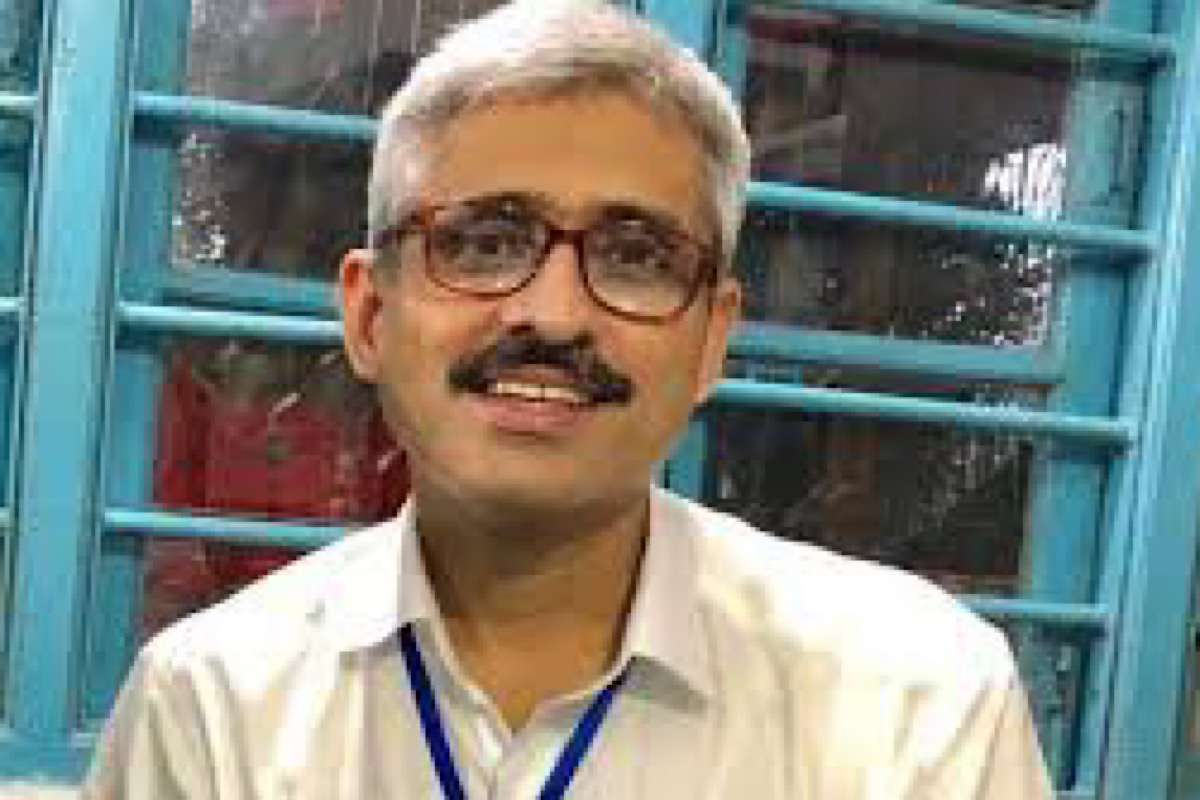Dr. Ravi Kannan, who has been serving cancer patients in Assam, has been named for the ‘Hero For Holistic Healthcare’ award on the 65th anniversary of the Ramon Magsaysay Award Foundation.
It’s a rare moment of pride for the state of Assam. Dr. Ravi Kannan is the sole awardee from India in this edition, a clear testament to his exceptional contribution to healthcare in India and beyond.
Advertisement
The Ramon Magsaysay Award, often hailed as Asia’s most prestigious honour, recognises extraordinary individuals and organizations that have spurred dramatic advancements in human progress.
Dr. Kannan’s unwavering commitment to holistic healthcare, particularly in the challenging domain of cancer care, has earned him this prestigious accolade.His pioneering efforts in revolutionizing cancer care within India’s North Eastern Region (NER) lie at the heart of this recognition.
The NER, with its remote locations and limited medical access, faced significant challenges in tackling cancer—an ailment with high fatality rates and substantial emotional and financial burdens on patients and their families.
Although the region’s first cancer hospital was established in 1981, the Cachar Cancer Hospital and Research Centre (CCHRC) emerged in 1996 under the aegis of a nonprofit organization. Dr. Ravi Kannan’s transformative leadership, however, propelled CCHRC into a comprehensive cancer care facility.
Taking over as hospital director in 2007, Dr. Kannan introduced innovative strategies and a compassionate vision that greatly bolstered the hospital’s capabilities.
Under his stewardship, the CCHRC has grown into a full-fledged institution encompassing 28 departments, spanning critical domains such as cancer treatment, pathology, radiology, and palliative care. The hospital’s workforce burgeoned from twenty-three to 451, a testament to Dr. Kannan’s capacity to inspire and lead.
Dr. Kannan’s astute insight led him to realize that access to cutting-edge facilities was merely the initial step. He implemented pro-poor initiatives, including free treatment, lodging, and a homecare program, to address challenges like patient non-compliance due to factors like distance, expenses, and hopelessness.
As a result of these measures, patient compliance surged from 28% to 70 per cent, enabling the hospital to offer free or subsidized cancer care to hundreds of new patients annually.











